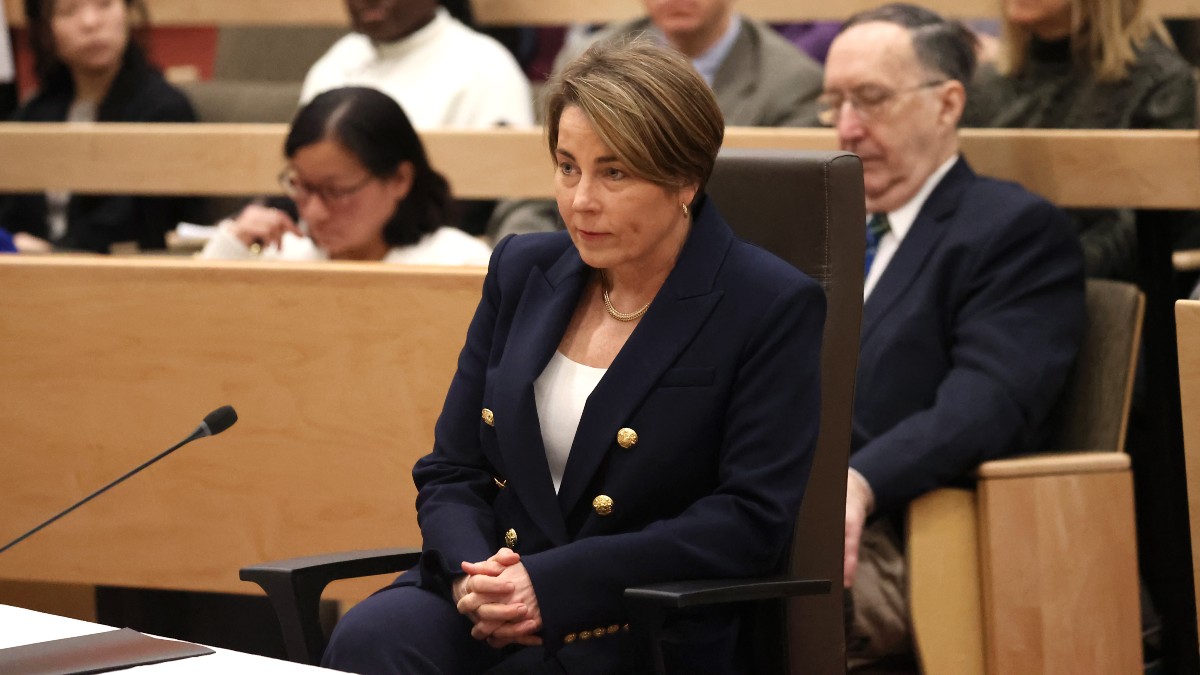A budget proposal from Massachusetts Governor Maura Healey represents one of the most worrying signs for the future of legalized gambling since the Professional and Amateur Sports Protection Act was repealed in 2018.
Per the Boston Globe, Healey's $56 billion budget plan would reduce the amount of funding that has supported programs to reduce the harm associated with gambling and to research its effects. According to the Globe, the funding could be cut by over $6 million.
If enacted, the budget would become a big statement on the true intentions of the gambling industry and how governments view it. The budget proposal in itself is a very worrying sign.
It is no secret that many states have reaped the benefits of PASPA's repeal by virtue of legalizing online wagering and the subsequent tax revenue that has come from it. However, some benefits and inevitable challenges have also shown up.
While online gambling has and would occur whether it was legal or not, the mass legalization of gaming across the nation has resulted in many getting involved with the hobby who otherwise wouldn't have. Statistically, this has increased the risk of problem gamblers and those who have a negative relationship with gambling.
For everyone in and around the sports betting industry, there is a heavy responsibility to try and educate old and newer bettors about how to be a responsible and safe bettor, but the reality is that the psychological forces behind the activity will result in a percentage of individuals dealing with gambling harm.
That is why state legislatures have typically ensured that a significant portion of the tax revenue generated goes to education and resources for problem gambling. For example, in New York, 95% of the revenues have gone toward education. Other benefactors include youth sports and problem gambling resources.
To rationalize the benefits of legalized gambling and make a legitimate argument that the good outweighs the bad, this is the requirement. A lion's share of the revenue must always go toward these positive causes, and that number should only be increasing.
As long as the online gambling industry is growing, as it is in Massachusetts, a state which legalized just over a year ago, the percentage of revenue that is going toward education and responsible gaming causes should only be increasing. There should not be a single thought toward reducing the percentage.
By doing so, the risk associated with the future of the gambling industry increases significantly, and this proposal indicates that officials may not have a full grasp of the industry. That's understandable with legal sports gambling still in a nascent stage, but avoiding this mistake is vital for ensuring a more positive legal gambling landscape in the future.























































